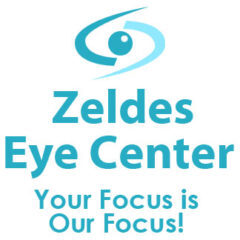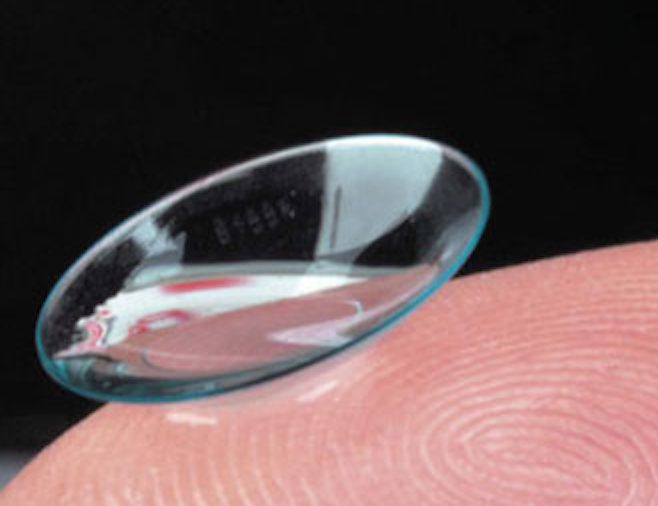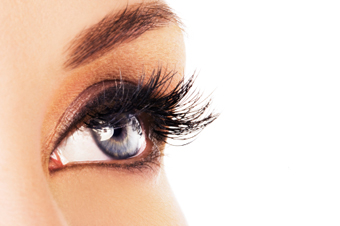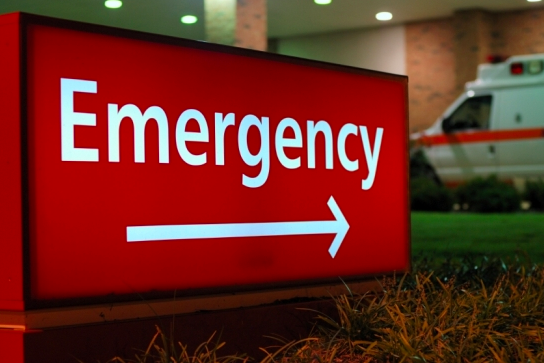Dr. Zeldes is a board-certified LASIK and Cataract Surgeon. His expertise in diagnosing and treating patients with a wide variety of ocular problems was brought to bear within his work with patients at Zeles Eye Center, where he is the medical director, and as a member of the staff at Beaumont Hospital, Henry Ford West Bloomfield Hospital, and Saint Joseph Mercy Livingston Hospital.
How often and when should I get my eyes checked?
By getting your eyes checked on a regular basis, or when you may think you are having trouble with your vision, you can keep your eyes healthy and stay clear of further complications. Many sight-threatening diseases, if detected early, can be cured or treated to prevent, or slow, the progression of any vision loss.
The most important preventive step is receiving routine examinations by a qualified eye care professional. Children should receive their first comprehensive eye examination before the age of 3, unless a specific condition or history of family childhood vision problems warrants an earlier examination. Anyone with a history of visual problems should get routine preventive care. People ages 20 to 30 should have an eye exam every two years, unless visual changes, pain, flashes of light, new floaters, injury, or tearing occurs. Then, immediate care is necessary. Yearly exams become important in the late thirties when changes in vision and focus along with eye diseases are more likely to develop. People with diabetes are at risk for several eye disorders, including diabetic retinopathy, glaucoma, and cataracts, and should have eye examinations every year.
Squinting, blinking, rubbing eyes frequently, headaches, changes in vision and difficulty with a visual concentration within arm’s length may be signs of eye problems and should be checked immediately by your ophthalmologist. When it comes to preserving your vision, early detection is the solution.



 CONTACT LENSES
CONTACT LENSES
 LATISSE®
LATISSE® EMERGENCY EYE CARE
EMERGENCY EYE CARE